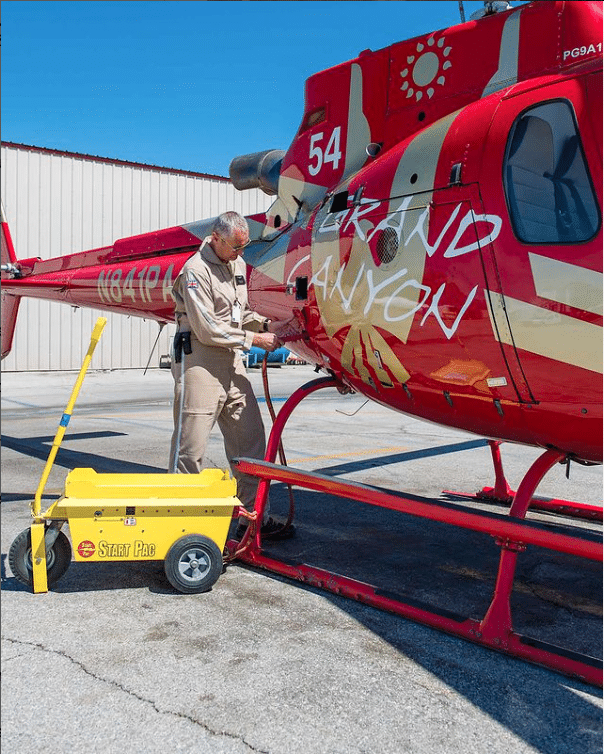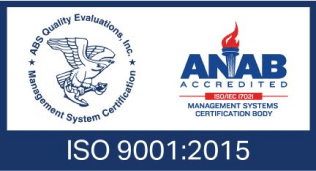
How Often Do Helicopters Need Maintenance?
Owning a helicopter is an exhilarating experience, but it also comes with the responsibility of keeping this complex machine in top condition. Unlike a car, which may require an oil change every few months, helicopter maintenance is a more intricate process.
So, how often can you expect your trusty chopper to need some maintenance? Let’s break it down!
Routine/Preventive Maintenance
Consider performing oral hygiene on your helicopter. Similar to how you would never consider taking off without fastening your seatbelt, conducting a pre-flight inspection is essential.
Some helicopter owners even perform a daily routine in which they assess fluid levels, and tire pressure and visually examine for signs of damage. Though it may lack glamour, this initial course of action serves as the primary safeguard against potential issues.
Scheduled Maintenance
At this point, a more organized framework emerges. Helicopters follow a structured maintenance schedule determined by two primary considerations: the amount of time spent in flight and the passage of time on the calendar.
Consider this scenario – you may find it necessary to have an oil change performed every 25 hours, whereas a more thorough examination might be required every six months. These specific timelines are established by regulatory authorities such as the FAA and are further fine-tuned according to the manufacturer’s guidelines, guaranteeing that your helicopter adheres to all safety regulations.
Unscheduled Maintenance
Unpredictable challenges can arise in life, just as they can with your helicopter, we can assure you! Despite taking all necessary precautions, unforeseen problems may still occur.
If a warning light illuminates or a pilot detects an unusual vibration while in flight, this is when an unscheduled maintenance program becomes necessary. Consider it akin to a medical consultation – an aviation technician will identify the issue and ensure the safe return of your helicopter to flight.
Factors Influencing Maintenance Frequency
Several elements impact the frequency of helicopter aircraft maintenance. Here are a few significant factors to consider:
- Aircraft Age and Utilization: Similar to humans, helicopters experience the natural passage of time, and as they get older, the probability of requiring maintenance increases. Likewise, a helicopter utilized daily for tours will need more frequent inspections in comparison to one used intermittently for private flights.
- Manufacturer Recommendations: Every helicopter model is assigned its own distinct maintenance timetable established by the manufacturer. These guidelines take into account the particular design, materials, and components employed to guarantee optimal upkeep of your aircraft.
Environment and Operating Conditions
Environmental and operational factors such as dust, salt spray, and extreme temperatures can have a detrimental impact on a helicopter. When operating in rugged settings, a higher frequency of helicopter maintenance is to be anticipated in order to address the resulting wear and tear.
Helicopter Type and Model-Specific Considerations
The maintenance schedules for helicopters depend on the aircraft’s type and model. Factors including the helicopter’s weight and its intended use significantly affect its specific maintenance requirements. These factors are essential for ensuring optimal performance and extending the lifespan of the helicopter’s power sources.
Documentation and Record-Keeping
Thorough documentation is carried out for each maintenance task conducted on your helicopter, which serves as crucial record-keeping for multiple reasons.
Firstly, it guarantees that your helicopter meets regulatory requirements and is in suitable condition for flight hours. Secondly, it enables proactive helicopter maintenance, as mechanics can detect patterns and possible issues before they escalate into significant concerns.
You may be asking how much helicopter maintenance is, and while we can’t tell you an exact amount as it depends on conditions and location, we can tell you it is absolutely essential!
Importance of Accurate Maintenance Records
Consider your helicopter’s maintenance records as its medical history. Similar to how you wouldn’t want your doctor to rely on speculation, mechanics rely on precise and comprehensive records to perform appropriate servicing on your aircraft.
Maintaining these records aids in ensuring safety, mitigating potential problems, and ultimately prolonging the lifespan of your valuable machine.
Maintaining the Flight of Your Helicopter: An Overview
Maintaining a helicopter is more than just about keeping it airborne; it’s about ensuring safety, efficiency, and longevity of flight. Regular maintenance checks are essential, involving inspections, servicing, and repairs as needed to adhere to the highest standards of flight safety. The complexity of helicopters, with their myriad moving parts, requires a meticulous approach to maintenance. From the rotor blades that slice through the air, to the engine that powers the whole operation, every component plays a crucial role.
Factors such as the helicopter’s model, usage frequency, and operational environment all influence maintenance schedules. For instance, helicopters used in demanding conditions, such as rescue operations or heavy lifting, might require more frequent checks and servicing. On the other hand, a privately owned helicopter used for leisure may have different maintenance needs.
Documentation is a critical aspect of helicopter maintenance. Detailed records of all inspections, repairs, and replacements help track the helicopter’s health over time, ensuring any potential issues are addressed promptly. This comprehensive approach not only extends the life of the helicopter but also enhances its performance and reliability.
Incorporating regular maintenance, including care for the ground power unit, into the lifecycle of a helicopter is an investment in its future. It’s about guaranteeing that every flight is as safe as the first, maintaining the delicate balance between man, machine, and the sky. For more information on maintaining your helicopter or inquiries about ground power units, feel free to contact us. Our team is dedicated to ensuring your helicopter remains in peak condition for every flight.




